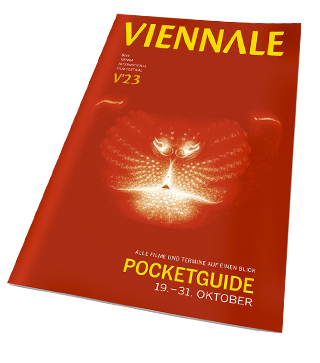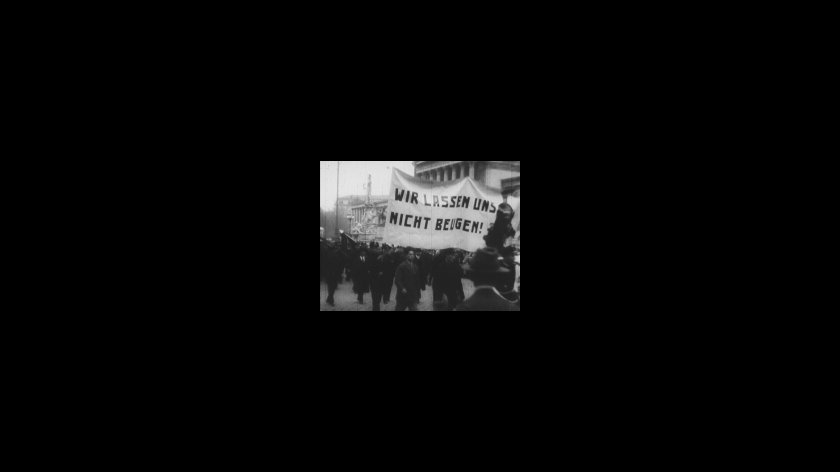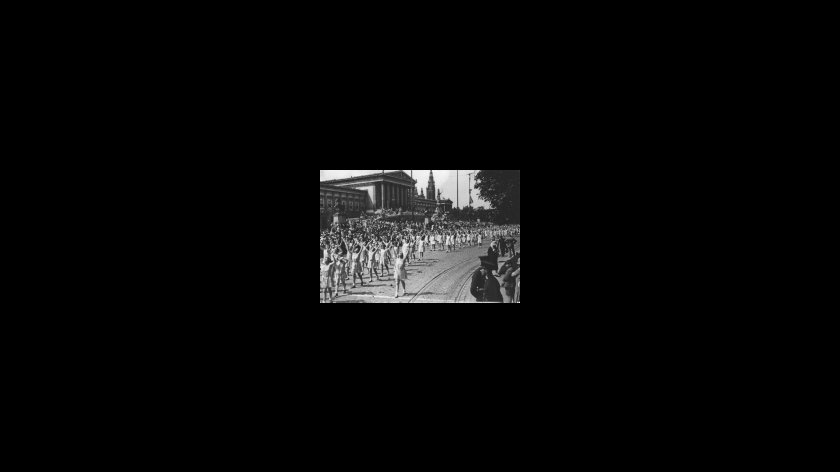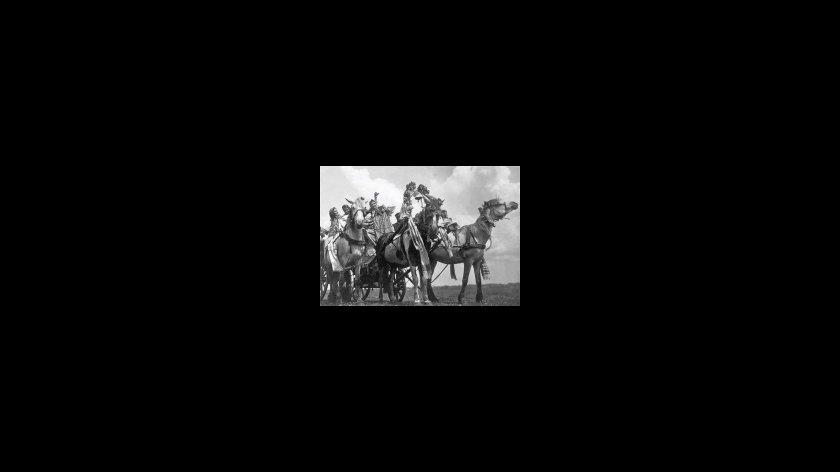PROLETARISCHES KINO: PROGRAMM 14 - FRITZ ROSENFELD 3
]]>Proletarian Cinema in Austria: A Presentation of the Left-Wing Film Culture 1918–1938]]>.
Beginning in the early 1920s, the Austrian labor movement attempted to counter bourgeois cinema with the development of its own autonomous film production. The proletarian film set two tasks for itself: the enlightenment of the working class and the political self-portrayal.
The first part of the film presentation (program 1-11) is concerned with this environment. It devotes itself to documents of class struggle, construction and social reconstruction; it portrays socialist celebrations and festive culture; it marks historical breaks and sheds light on a new consciousness of the human body. In addition, the presentation includes footage examining the Austrian labor movement from various ideological perspectives. Particular emphasis is given to Soviet newsreels, which focused on the Austrian labor movement and have never before been shown in Austria.
The second part of this film show (program 12-18) introduces the most influential film critic of the First Republic: Fritz Rosenfeld, of Vienna’s leading socialist newspaper, the “Arbeiter-Zeitung”. The selection of films represents neither “best-of” programs nor favorite films of the writer. First and foremost, the individual works stand for themselves, having their common point of reference in the core of Rosenfeld’s critical works: in the examination of the political and artistic limitations of the bourgeois film industry, its selective transcendence in works of class-conscious filmmakers or its vanquishing through Soviet revolutionary cinema and the independent production of the avant-garde.
Selected works by Charlie Chaplin, G.W. Pabst, René Clair, Olga Preobraczenskaja, Viktor Trivas, Eugene Deslaw and others will illustrate important topics of Rosenfeld’s unwaveringly enlightened and enlightening film criticism.
The story of five men - an Englishman, a Frenchman, a German, a Russian Jew and a Black man, who meet on the battlefield of World War I. Setting aside their prejudices, they refuse to kill each other and march forward against the real enemy - the war. Victor Trivas film on international brotherhood has been forbidden by the Nazis in 1933.
Goya (I Disastri della guerra – La festa di Sant’Isidoro)
I 1951
Director Luciano Emmer
Cinematographer Mario Bava
Assistent to the director Lauro Venturi
Music Andrés Segovia
Production
Sergio Amidei, Colonna Film
35mm/Sound/black and white/no dialogue
16 minutes
Niemandsland
D 1931
Director Viktor Trivas
Screenplay Viktor Trivas nach einem
Draft by Leonhard Frank
Cinematographer Alexander Lagorio, Georg Stilianudis
Editors Walther Stein, Leberecht von Guaita
Sound Carl Erich Kroschke, Gustav Brinkmann
Music Hanns Eisler
Setting Arthur Schwarz
Actors Ernst Busch, Hugh Stephens Douglas, Louis Douglas, Georges Péclet, Wladimir Sokoloff, Renée Stobrava
Production
Resco-Filmproduktion Anton Resch, Berlin
35mm/Sound/black and white
93 minutes




